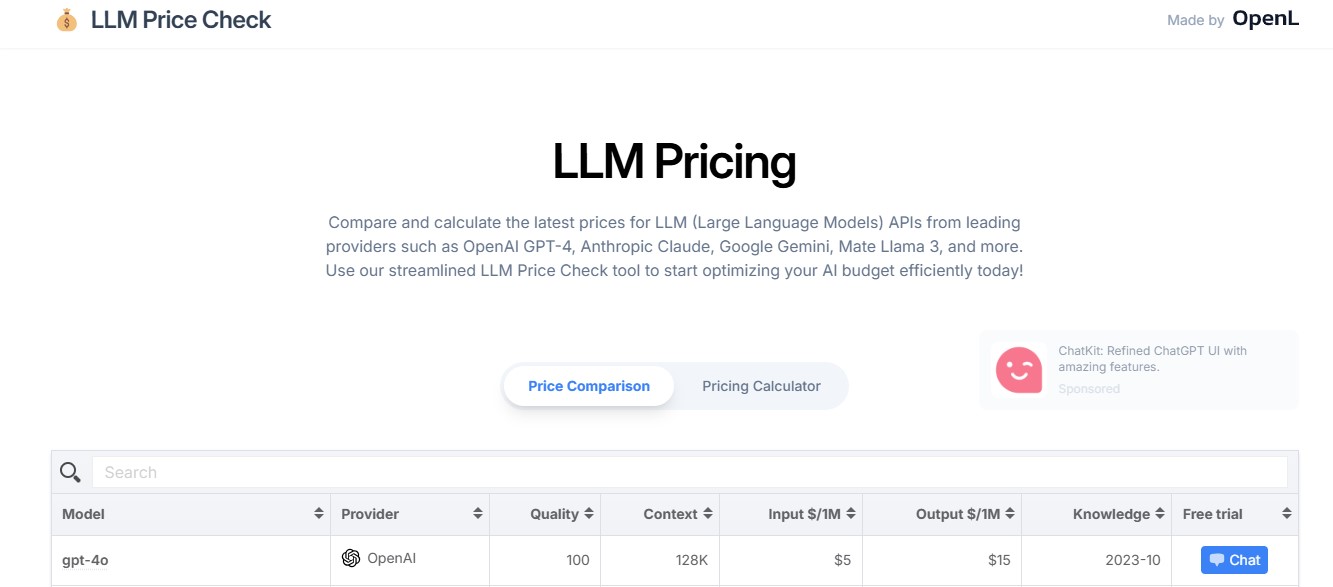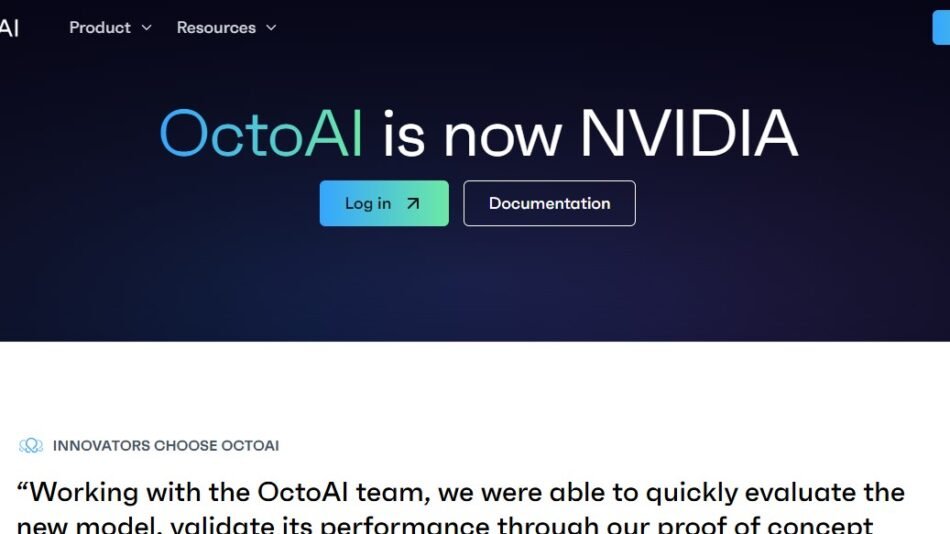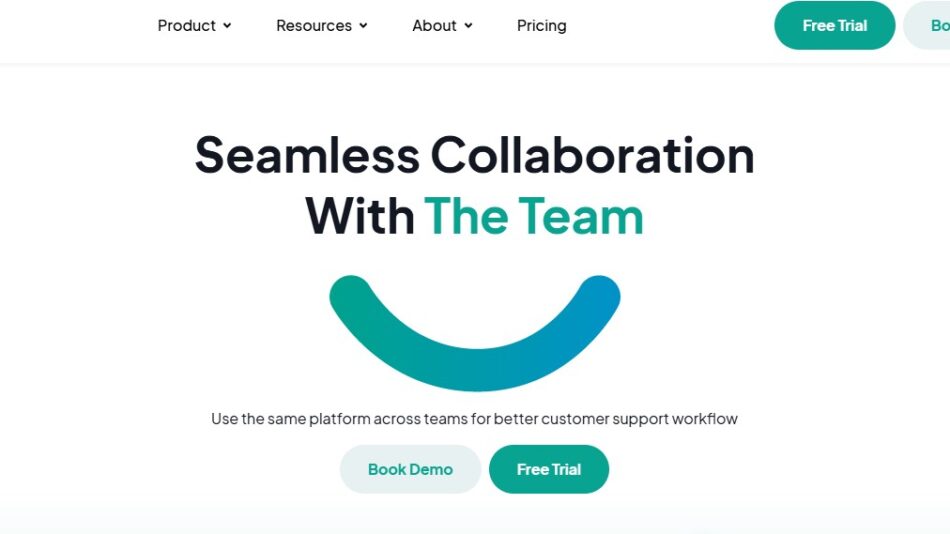LLM Price Check is a unique platform designed to streamline the process of comparing costs for large language model (LLM) APIs. With the growing popularity of AI models such as OpenAI’s GPT and Anthropic’s Claude, pricing transparency is critical for businesses and developers. LLM Price Check offers an easy-to-navigate interface to assess costs, features, and suitability across different providers.
In this article, we will explore its features, functionality, pricing structure, use cases, strengths, drawbacks, customer reviews, and comparisons with alternative tools.
Features
- Comprehensive Pricing Comparison
- Offers a detailed side-by-side comparison of popular LLM providers like OpenAI, Anthropic, and more.
- Customizable Filters
- Users can narrow their search by factors such as model type, token limits, pricing tiers, and usage scenarios.
- Up-to-Date Information
- Regular updates ensure the pricing and feature data reflect current market trends and provider offerings.
- Transparent Cost Calculations
- Provides token-level or query-level pricing to help estimate actual usage costs accurately.
- Wide Coverage of Models
- Includes comparisons for GPT-4, GPT-3.5, Claude 2, and other emerging LLMs.
- User-Friendly Interface
- An intuitive design allows both beginners and advanced users to find pricing information effortlessly.
How It Works
- Search
Users input the LLM model or API they are interested in comparing. - Filter
Apply filters like usage limits, type of model (e.g., conversational or generative), or deployment options. - Compare
View a side-by-side comparison of pricing, feature sets, and other specifications. - Select and Plan
Identify the most cost-effective API based on usage and operational requirements.
Use Cases
- Developers: To budget and select APIs for projects requiring natural language processing.
- Businesses: To find cost-efficient AI services for customer service, content creation, or analytics.
- Researchers: To explore affordable APIs for academic experiments.
- Educators: For teaching students about AI using budget-friendly APIs.
Pricing
LLM Price Check itself is free to use, but the tool focuses on showing the costs of various LLM APIs. Pricing structures displayed may include:
- OpenAI: Starting at $0.03 per 1,000 tokens for GPT-3.5 Turbo.
- Anthropic’s Claude: From $1.63 per million tokens.
- Other APIs: Prices vary depending on provider, model, and token limits.
(Exact details may vary—check the website for current data.)
Strengths
- Transparency: Real-time updates and comprehensive cost breakdowns provide clarity.
- Accessibility: Free and easy to use for individuals and teams.
- Time-Saving: Reduces the need to visit multiple provider websites for comparison.
- Support for Multiple Models: Extensive database covering a range of LLMs.
Drawbacks
- Limited Advanced Analytics: Does not provide deep insights into performance benchmarks or usage patterns.
- Reliance on Provider Data: Accuracy depends on timely updates from LLM providers.
- Focused Scope: Exclusively pricing-focused; lacks implementation guidance or performance tips.
Comparison with Other Tools
- Alternatives: Tools like Hugging Face’s model hub and OpenAI’s pricing pages provide individual provider details but lack direct comparisons.
- LLM Price Check Advantage: Its comparative approach and user-friendly interface make it unique and efficient.
Customer Reviews and Testimonials
- Tech Developer: “LLM Price Check saved me hours of research and helped me choose the right LLM for my startup.”
- Business Analyst: “A must-use tool for finding cost-effective API solutions. Simple and efficient!”
- Researcher: “I appreciated the clear breakdown of token-based pricing, which helped plan my budget effectively.”
Conclusion
LLM Price Check simplifies the process of finding cost-efficient APIs for businesses, developers, and researchers. Its transparent, up-to-date, and user-friendly design ensures users can make informed decisions in minutes. While the platform is limited to pricing comparisons, its focused utility makes it an indispensable tool for those in the AI domain.















 Afrikaans
Afrikaans Albanian
Albanian Amharic
Amharic Arabic
Arabic Armenian
Armenian Azerbaijani
Azerbaijani Basque
Basque Belarusian
Belarusian Bengali
Bengali Bosnian
Bosnian Bulgarian
Bulgarian Catalan
Catalan Cebuano
Cebuano Chichewa
Chichewa Chinese (Simplified)
Chinese (Simplified) Chinese (Traditional)
Chinese (Traditional) Corsican
Corsican Croatian
Croatian Czech
Czech Danish
Danish Dutch
Dutch English
English Esperanto
Esperanto Estonian
Estonian Filipino
Filipino Finnish
Finnish French
French Frisian
Frisian Galician
Galician Georgian
Georgian German
German Greek
Greek Gujarati
Gujarati Haitian Creole
Haitian Creole Hausa
Hausa Hawaiian
Hawaiian Hebrew
Hebrew Hindi
Hindi Hmong
Hmong Hungarian
Hungarian Icelandic
Icelandic Igbo
Igbo Indonesian
Indonesian Irish
Irish Italian
Italian Japanese
Japanese Javanese
Javanese Kannada
Kannada Kazakh
Kazakh Khmer
Khmer Korean
Korean Kurdish (Kurmanji)
Kurdish (Kurmanji) Kyrgyz
Kyrgyz Lao
Lao Latin
Latin Latvian
Latvian Lithuanian
Lithuanian Luxembourgish
Luxembourgish Macedonian
Macedonian Malagasy
Malagasy Malay
Malay Malayalam
Malayalam Maltese
Maltese Maori
Maori Marathi
Marathi Mongolian
Mongolian Myanmar (Burmese)
Myanmar (Burmese) Nepali
Nepali Norwegian
Norwegian Pashto
Pashto Persian
Persian Polish
Polish Portuguese
Portuguese Punjabi
Punjabi Romanian
Romanian Russian
Russian Samoan
Samoan Scottish Gaelic
Scottish Gaelic Serbian
Serbian Sesotho
Sesotho Shona
Shona Sindhi
Sindhi Sinhala
Sinhala Slovak
Slovak Slovenian
Slovenian Somali
Somali Spanish
Spanish Sundanese
Sundanese Swahili
Swahili Swedish
Swedish Tajik
Tajik Tamil
Tamil Telugu
Telugu Thai
Thai Turkish
Turkish Ukrainian
Ukrainian Urdu
Urdu Uzbek
Uzbek Vietnamese
Vietnamese Welsh
Welsh Xhosa
Xhosa Yiddish
Yiddish Yoruba
Yoruba Zulu
Zulu